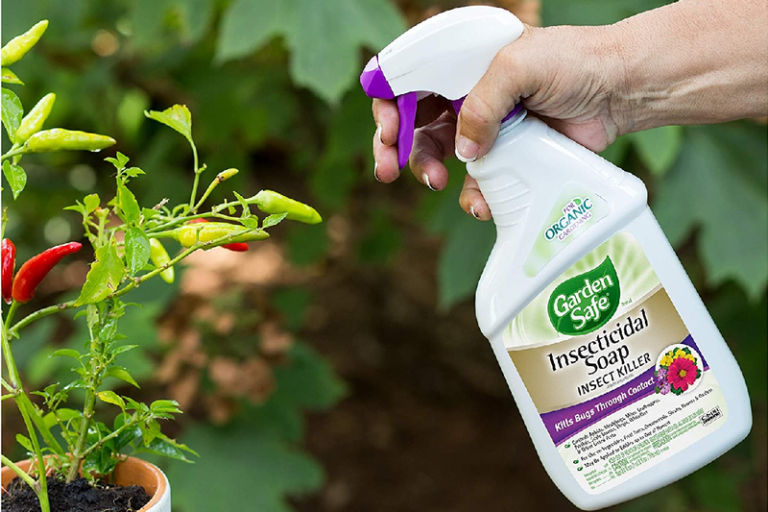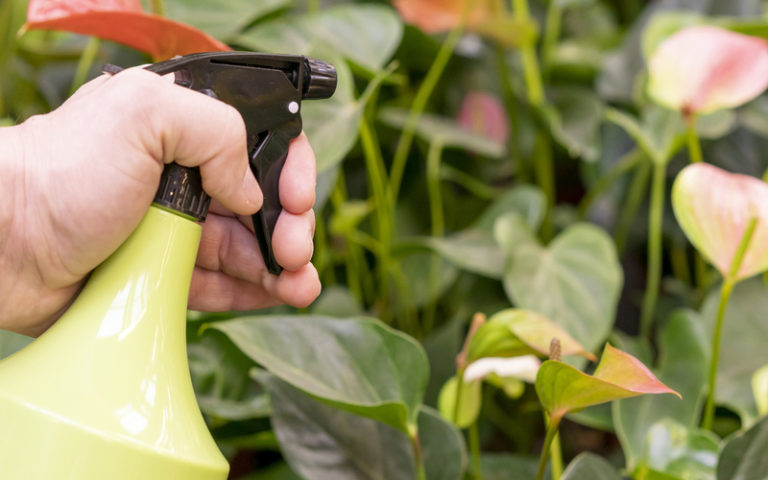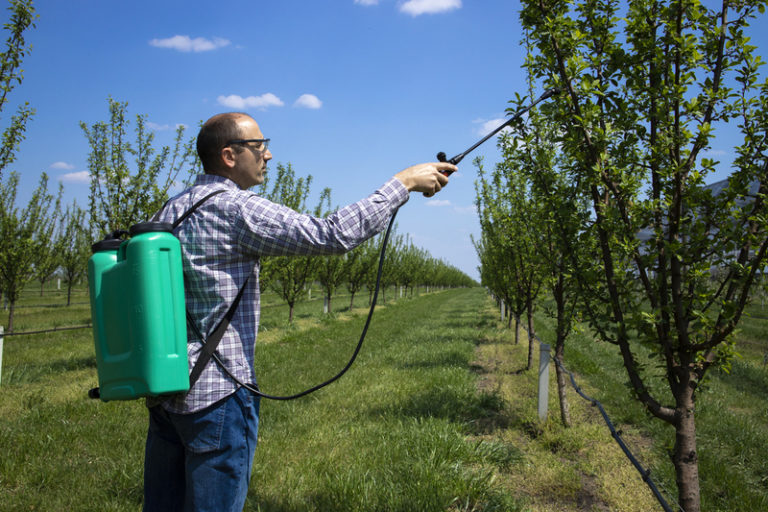Silicone Adjuvant for Agriculture : Improving Pesticide Efficiency and Crop Protection
Agriculture is a critical industry, providing food and other essential resources for billions of people around the world. However, farmers face numerous challenges in producing crops, including unpredictable weather patterns, pests, and diseases.
To combat these challenges, many farmers rely on pesticides to protect their crops. However, the efficacy of pesticides can be limited by environmental factors and the characteristics of the crop. Silicone adjuvant is a valuable tool for improving pesticide efficiency and crop protection. In this article, we’ll explore the benefits and applications of silicone adjuvant for agriculture.
What is Silicone Adjuvant?
Silicone adjuvant is a type of additive that is added to pesticides to enhance their efficacy. The adjuvant is made from silicone and is designed to improve the performance of pesticides by improving their spread, penetration, and persistence. Silicone adjuvant can also help reduce the amount of pesticide needed for a given application, making it more cost-effective.
Benefits of Silicone Adjuvant for Agriculture
- Improved Pesticide Efficiency
One of the primary advantages of silicone adjuvant for agriculture is that it improves pesticide efficiency. The adjuvant helps to improve the spread, penetration, and persistence of pesticides, making them more effective at controlling pests and diseases. Additionally, silicone adjuvant can help reduce the amount of pesticide needed for a given application, making it more cost-effective.
- Increased Crop Protection
Silicone adjuvant can also increase crop protection by improving the efficacy of pesticides. The adjuvant helps to improve the spread and penetration of pesticides, making them more effective at controlling pests and diseases. This can reduce the risk of damage to crops, improving overall crop yield and quality.
- Reduced Environmental Impact
Silicone adjuvant can also help to reduce the environmental impact of pesticides. The adjuvant helps to reduce the amount of pesticide needed for a given application, which can reduce the amount of active ingredient that is released into the environment. Additionally, silicone adjuvant is biodegradable and non-toxic, making it a safe and environmentally friendly option.
Applications of Silicone Adjuvant for Agriculture
- Crop Protection
Crop protection is one of the most common uses of silicone adjuvant in agriculture. The adjuvant is added to pesticides to improve their efficacy, reducing the risk of crop damage and improving overall crop yield and quality. Silicone adjuvant is particularly useful for crops that are sensitive to pests and diseases, such as fruits, vegetables, and flowers.
- Livestock Farming
Silicone adjuvant can also be used in livestock farming. The adjuvant can be added to insecticides and other pest control products to improve their efficacy, reducing the risk of disease transmission and improving overall animal health.
- Turf and Ornamental Agriculture
Silicone adjuvant can also be used in turf and ornamental agriculture. The adjuvant can be added to herbicides and insecticides to improve their efficacy, reducing the risk of damage to turf and ornamental plants and improving overall landscape quality.
Conclusion
Silicone adjuvant is a valuable tool for improving pesticide efficiency and crop protection in agriculture. The adjuvant helps pesticides spread, penetrate, and last longer, which makes them better at getting rid of pests and diseases.
Additionally, silicone adjuvant can help reduce the amount of pesticide needed for a given application, making it more cost-effective and environmentally friendly. Whether used for crop protection, livestock farming, or turf and ornamental agriculture, silicone adjuvant offers a safe and effective solution for improving overall agricultural operations.
Also Read :-







One Comment